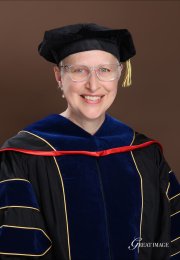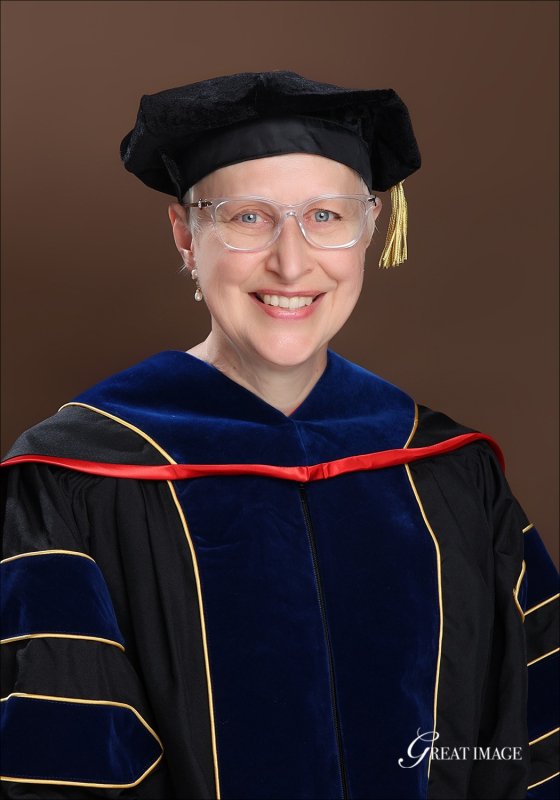- Resource Types
- Resource Languages
- Institutional Repository
 Visit the home page
Visit the home page
About Site Language
WHDL is viewable in multiple languages. Use the pull-down menu to select a language to view the site.
I changed my language, but I’m still seeing resources in the other languages?
If a resource or text has not been translated into your selected language, it will appear in the initially added language. We are always looking for help translating these resources. If you can help, contact us!
WHDL - 00019997


click to copy
Grunwald, S (2023). Participation, empowerment, and spirituality in Armenian early adolescents involved in community-based service projects: A case study .
Grunwald, SherylParticipation, empowerment, and spirituality in Armenian early adolescents involved in community-based service projects: A case study . , 2023
Grunwald, SherylParticipation, empowerment, and spirituality in Armenian early adolescents involved in community-based service projects: A case study . , 2023
Grunwald, SherylParticipation, empowerment, and spirituality in Armenian early adolescents involved in community-based service projects: A case study . , 2023
This research explores the interrelationships of participation, empowerment, and spirituality when ten- to thirteen-year-old children who are part of a Nazarene Compassionate Ministries Child Development Center (CDC) in Yerevan, Armenia, engage in community-based service projects. Thirty-two children from one CDC participated in this qualitative research study. Child participation includes both involvement in an activity and the process of giving children a voice or including them in the decision making. The children collaboratively chose, planned, and implemented a community-based service project while the research team observed the process. Then the children evaluated the projects and their roles in it through focus groups and interviews. The data showed that when the children were given the opportunity for self-determined community service projects, they were able to participate both by having a voice and being actively involved in every step of the project planning process: choosing the problem, designing the action plan, implementing the plan, and evaluating their work. Using Shier’s Centro de Servicios Educativos en Salud y Medio Ambiente (CESESMA) model (CESESMA-UNN 2010; Shier 2015; 2017) as the theoretical framework for empowerment, the study looked at how the research participants perceive empowerment in three areas: development of capabilities and knowledge, creation of conditions and opportunities for empowerment, and personal attitudes and self-esteem. Capabilities the children identified included practical skills, teamwork, and surprise at what they could accomplish. Conditions included friendships and the support of leaders as they gave the children a voice, guided and redirected them during discussions, encouraged them, and gave them practical support when asked. The children described the changes in their behavior and attitudes and identified the attitudes of happiness, eagerness, initiative, confidence, responsibility, and accomplishment. Results affirmed the theoretical framework for empowering children in this age group. Children’s spirituality was measured according to Hay and Nye’s (2006, 65) categories of spirituality as relational consciousness: awareness sensing, mystery sensing, and value sensing. Awareness sensing was noted through the children’s language as they spoke about God’s character and their response to God. Mystery sensing was seen as the children spoke of dreams, wishes, or things beyond their comprehension. The children demonstrated value sensing through expressing compassion, kindness, goodness, generosity, gratitude, and love. All three concepts—participation, empowerment and spirituality—were shaped by doing community-service projects. Whether the children spoke of helping others, helping the environment, helping themselves, or helping with God, active participation, true empowerment, and spiritual awareness were all present. Cause-effect, rationale, means-end, and attribution relationships were identified. However, the interrelationships were multi-directional, demonstrating there is no simple way to describe them. The concepts co-exist, at times acting independently of one another, but at other times woven together. The study recommends that Nazarene Compassionate Ministries CDCs, faith communities, and educators be more intentional to include child participatory activities and service opportunities in their programming as a part of holistic development, building awareness, and encouragement of children’s spirituality in those activities. NGOs and FBOs involved in child participation are encouraged to consider that children are spiritual beings and incorporate spirituality into their conversations.
34 Resources
This collection contains the dissertations of our graduates that fulfilled the degree of Doctor of Philosophy in Holistic Child Development at Asia-Pacific Nazarene Theological Seminary. The program is designed for those preparing to be equipped in leadership, teachers of children, practitioners, and pastors, so that they will have the gifts, skills, and capacity to care holistically for children inside and outside the church.
2023
1925
2011
2011
n.d.
2025
1896
2025
1941
1906
2011
2011
2009
2025
2018
2019
2016
2017
2016
2025
1968